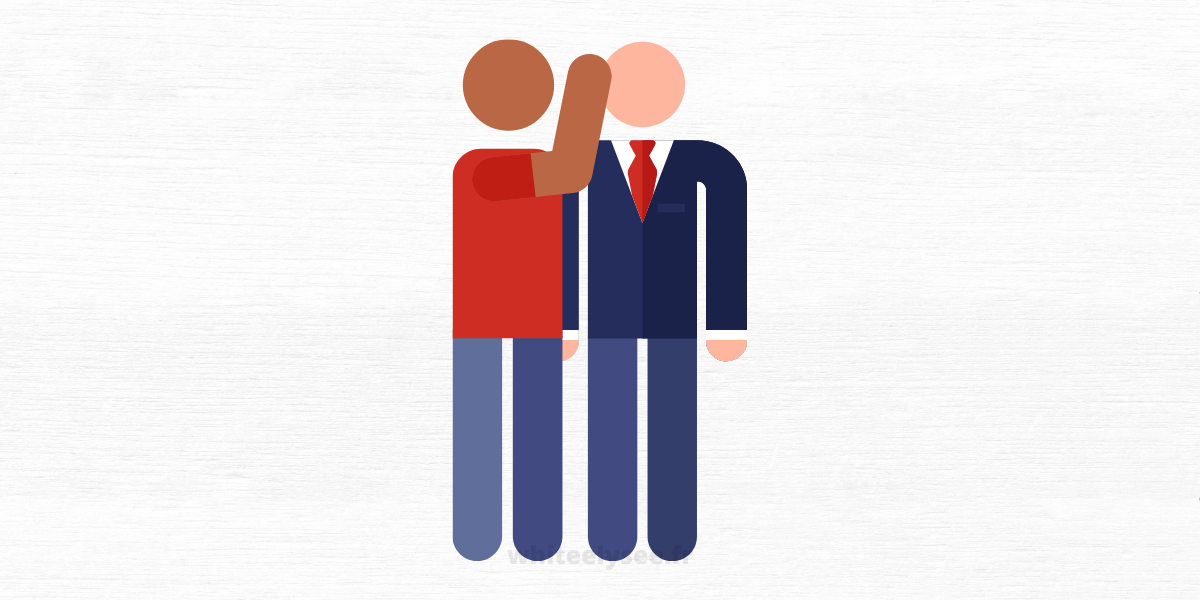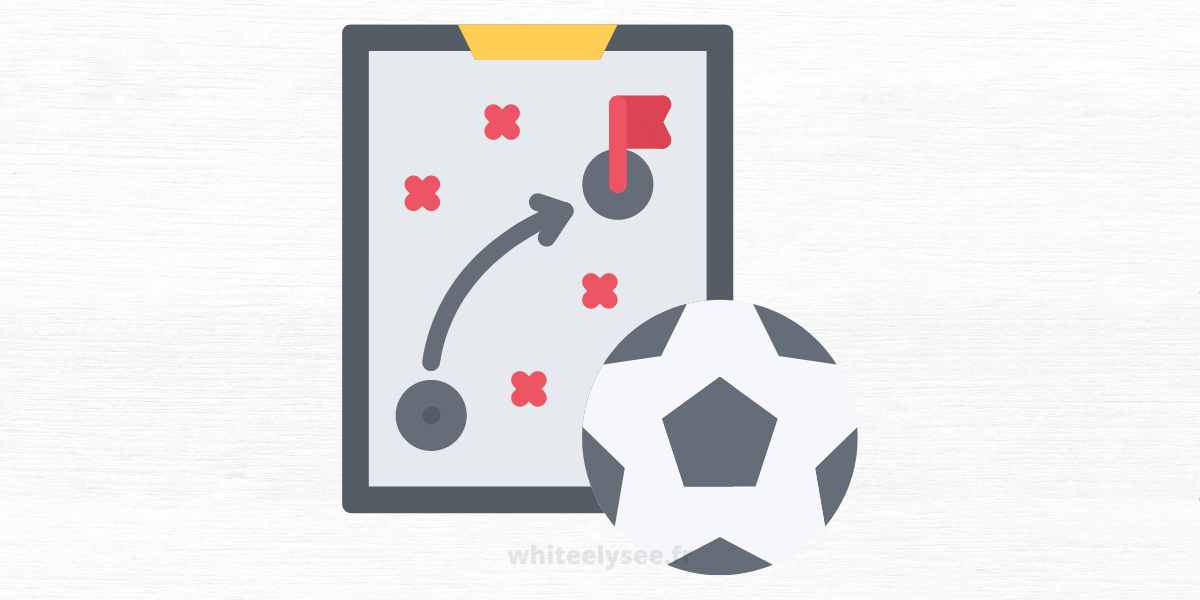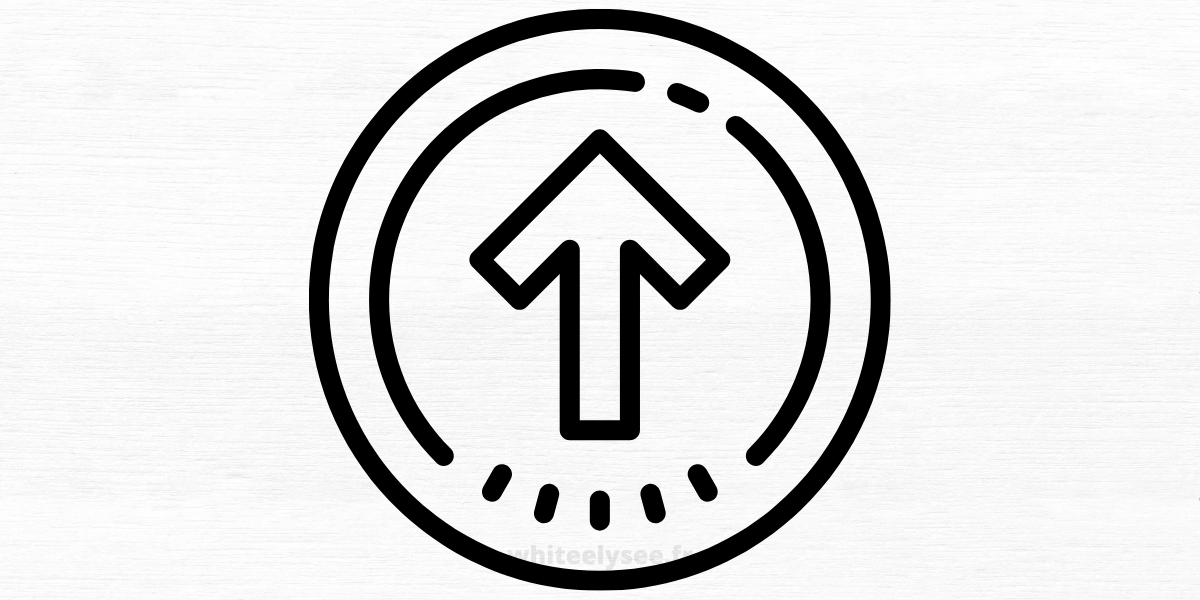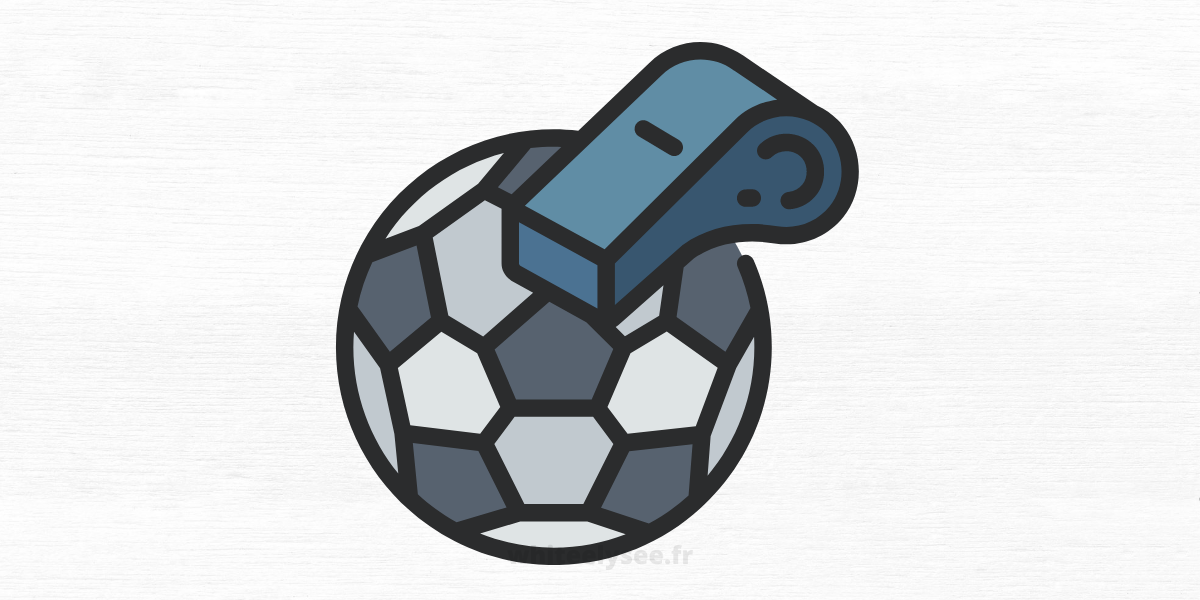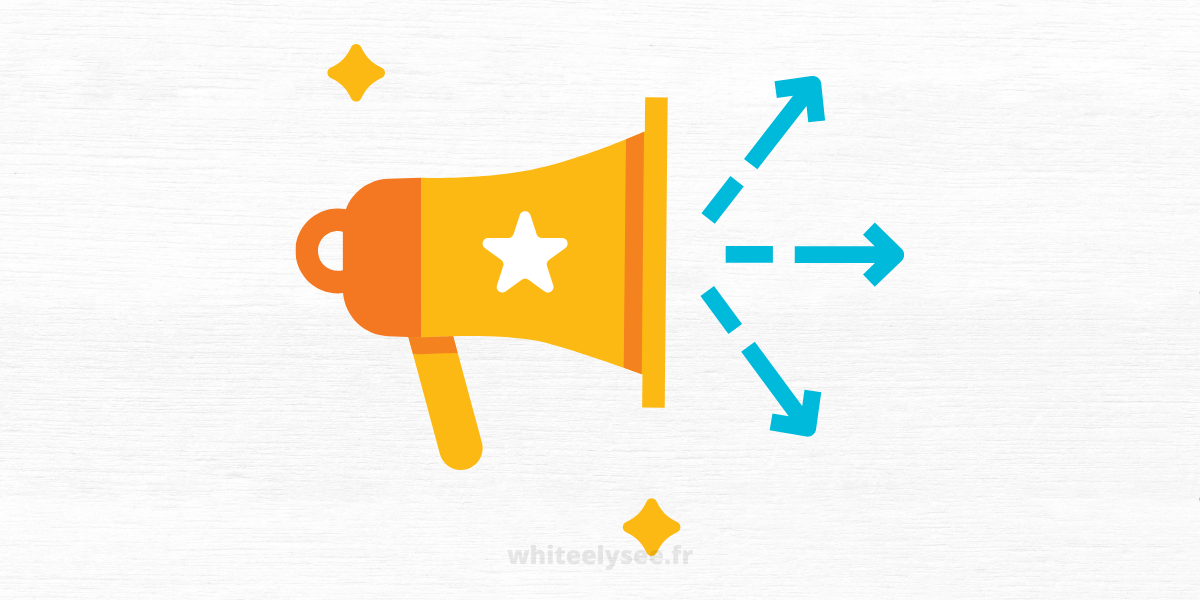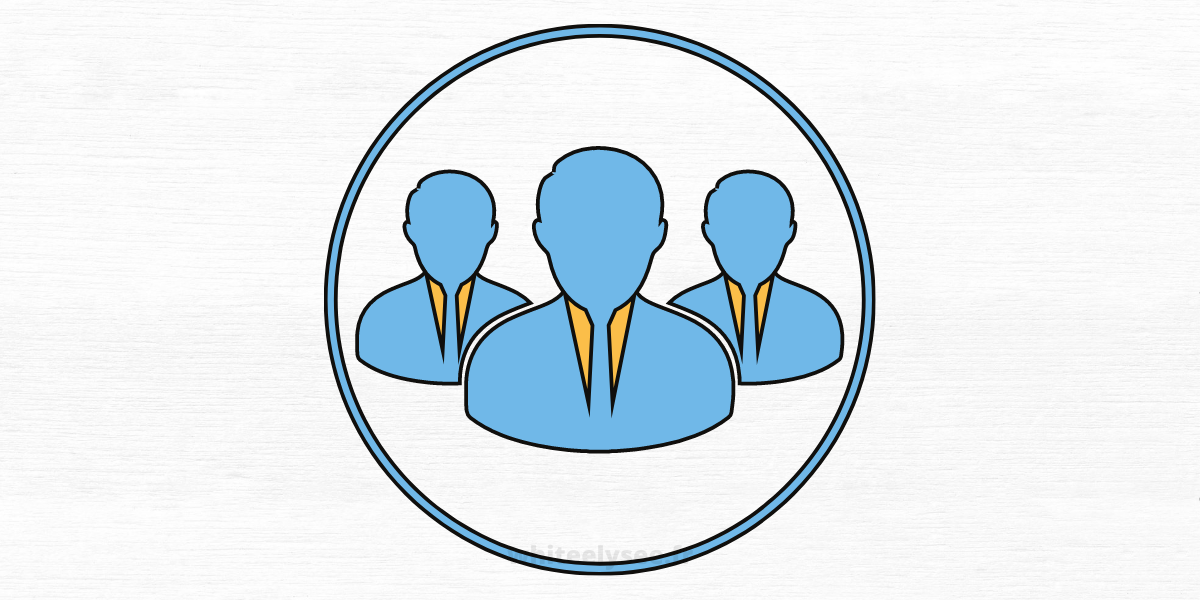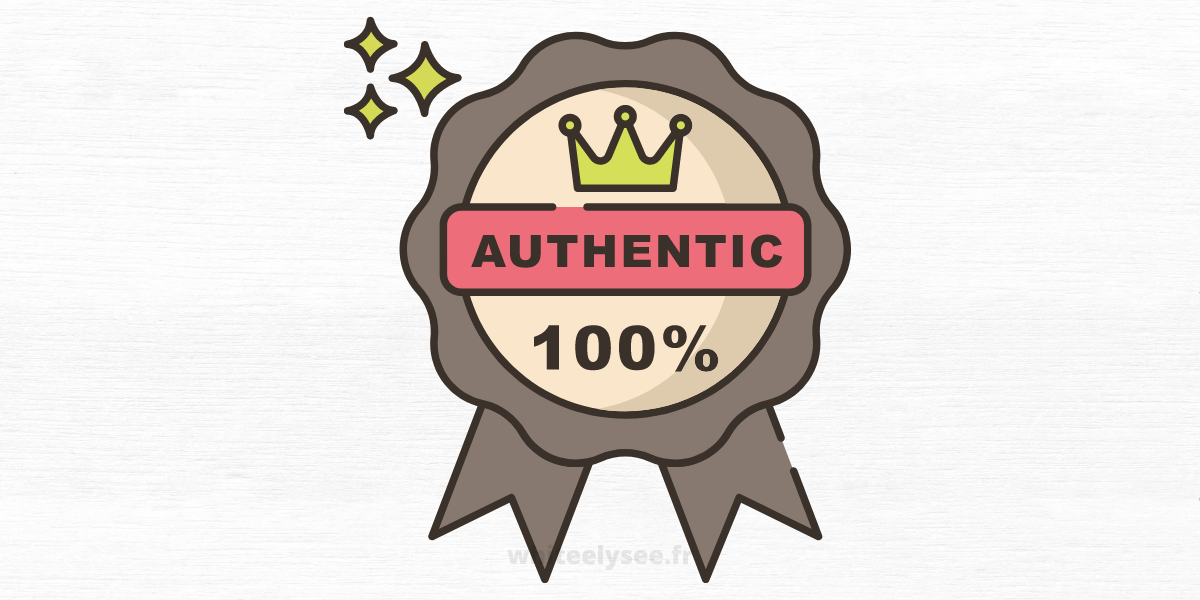
Private rights to label (PLR items) are commonly referred to as those that are owned by you but were not developed by you. Purchasing PL rights through an actual owner implies that at a set price, you purchase the items from the manufacturer of the original equipment (OEM) and then are free to market or modify, edit or resell the products as if they were yours. When you sell PLR to someone else, the OEM (OEM) is no longer able to assert any disagreements which may arise from products being altered/sold by the PLR buyer. Intellectual property is also an element of private label.
There are a variety of articles on the Internet providing information about the advantages of private labeling. However, nobody shares the costs associated with private labels when they import from China or their own experiences about “how to do.”
This page will allow you to discover the most effective ways for placing your logo or label on products, along with our own experience. In the end, you will be taught numerous ideas regarding “how to add your own brand to products.”
What is a Private Label and its Importance for New Business?
The private label represents the design or logo that is applied to products made by a third-party contractor or manufacturer that is then sold under the retailer’s brand. This is a way to represent the seller, as well as aid in establishing the loyalty of customers.
If you are planning to buy goods from China and sell them on a marketplace such as Amazon is, advised to:
* Choose a product niche that has few competitors
* Only select high-quality products from China
* Include your personal brand on the product and
* Begin to market the item under your own name.
These are the top solutions, and they provide you with the estimated price for each solution that is available in China. When you are familiar with these methods, you will be protected from excessively high rates charged by Chinese suppliers. You will also be able to get ideas on how you can add the private label to your products.
Screen Printing/ Silk Screen
It is one of the most popular methods to add an individual label to the product, as well as packaging. It can be applied to virtually any material, e.g., glass, plastic rubber, stainless steel.
PPE (personal protective equipment), etc. Screenprinting is by far the most affordable and most efficient method to create a private label for buyers who purchase more than 500pcs/item.
If you are able to purchase more than 2 000 items, the majority of Chinese factories will provide you with no-cost screen printing. However, some will charge you between $45 to $60 to create a printing plate that displays your logo. There are plenty of printing companies in China, even if the company you choose doesn’t provide printing services.
There is one disadvantage of screen printing it’s not suitable for patterns with multiple colors. If you want to print your gradient-colored logo on items, you must think about thermal transfer or other options.
Thermal Transfer
The process is more complex than screen printing, and it needs a temperature range of 140 to 180 degrees. It’s a bit more costly than silk printing. It also comes with certain limitations on the materials. The thermal transfer process is available to wood, leather glass, stainless steel ABS PE, PP as well as EVA disposable respirators, etc.
The thermal pattern is the ideal choice for those with a highly fancy design with gradient color. The cost for making a print plate is about $100, and the cost of printing an area of 7x7cm for a graphic with gradient colors is $0.04.
Laser Engraving/ Laser Printing
Laser engraving or laser printing gives items look professional. Nearly every gift shop is filled with products that have laser-printed logos.
The majority of times, this process does not have a massive MOQ since it doesn’t need any plates. Its price can differ between suppliers, and for large-scale production, it will cost between $0.01-$0.15 for each unit based on the quantity and size.
Molding
This method allows your private label to be visible on the product mold. Your logo will be visible when the product emerges from the mold. The logo can be incorporated into any rubber product, disposable half masks, dust masks, coveralls, disposable clothing, plastic, or metal products.
This solution may make your private label look more natural and natural-looking than printing. It’s still expensive since it requires changing the mold used by the supplier. Prices vary based on the product and the type of product, but typically it will cost $1000 to $3000. Additionally, making molds takes about 15 to 20 days. It is a long-term solution.
Customized Box
This option is applicable to every product. This is undoubtedly the most expensive option of other options. However, the correct box can definitely make your product look stunning. You can enhance the value of your product and market it at a higher cost.
As box packaging is a huge market, its cost is dependent on the materials, techniques, and machines. The lowest price for an 8″x4″x4″ corrugated box with a design on it is approximately $0.16 per piece.
Printed Poly Bag
It is actually a kind of packaging as well as an opportunity to create personalized labels. The printed polybag is straightforward for large-scale products when compared with other options. The cost of printing plates is around $80 per color, and the manufacturers typically need tens of thousand as MOQ.
Hang Tag
It is among the most cost-effective options for private labels. It is usually applied to categories such as toys, clothes tools, fashion, and jewelry, Handanhy, and other categories.
A majority of clothing and jewelry use this method to show their brand. The tags are typically constructed from ivory or kraft cardboard, but sometimes they’re even made of metal or plastic. Many people select “300 gsm ivory cardboard” since it’s very affordable.
Sticker Label
It is by far the easiest and most widely used solution of all. There’s nothing that isn’t able to be labeled on a sticker. It is easy to find companies that sell stickers and MOQs cost just $40-$50 for a single label.
Woven Label
Typically, woven labels are sewn to the edges of fabric objects like bags, hats, jeans, and shoes; the cost of this service is dependent on the size and quantity. The minimum order is usually 1,000 pieces, with prices of around $0.1 per piece.
Machine Embroidery
This method is used on products made of cloth, such as bags, garments, caps, for example. Machine embroidery is highly robust, and the size of 4×5 cm private label is priced at about $0.20.
Concluding Remarks
These are the most effective options for those who want to design their own designs but aren’t sure how to begin. Download your most loved elements on the internet, or ask the assistance of professional designers to create your own label.
